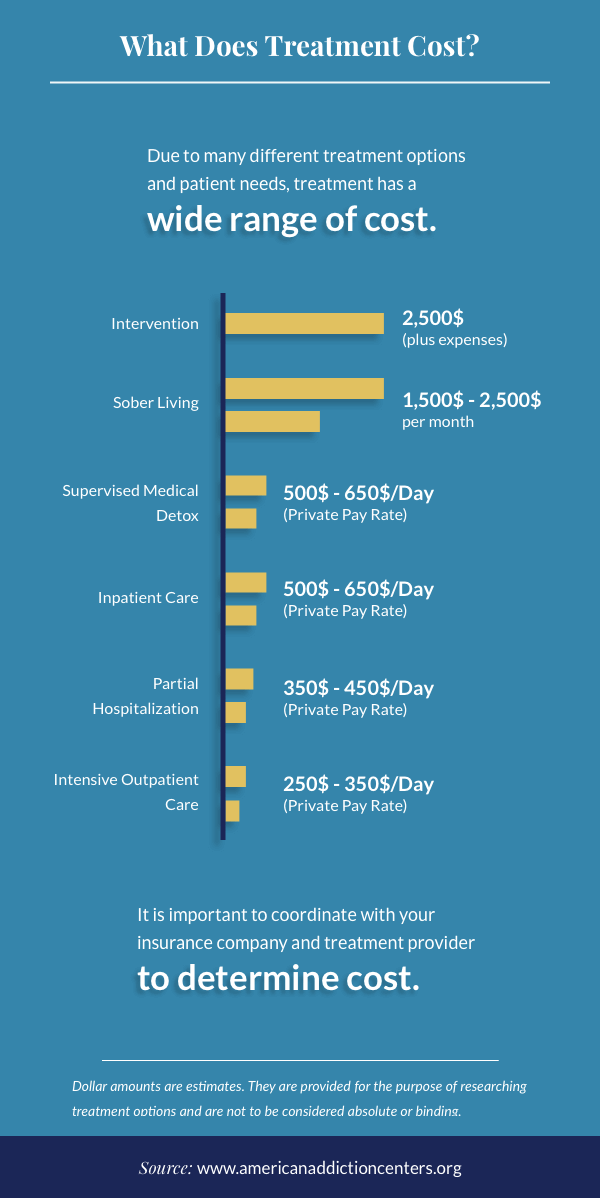Drug Rehabilitation Fundamentals Explained
Drug Rehabilitation Fundamentals Explained
Blog Article
See This Report about Drug Rehabilitation
Table of ContentsWhat Does Drug Rehabilitation Mean?Drug Rehabilitation Fundamentals ExplainedSome Ideas on Drug Rehabilitation You Need To KnowThe Ultimate Guide To Drug RehabilitationSome Known Details About Drug Rehabilitation
This includes addressing the entire person to make certain that all of the underlying domino effects of the dependency are properly looked after and fixed. This gives individuals the tools they require for a full return to a satisfied, healthy and balanced, substance-free life. Medication dependency "treatment" is a little bit of a misleading term it suggests that people with addictions are "all far better" after they have actually gotten some kind of therapy.Even people with years of successful healing need to stay conscious of their capacity for relapse, and they have to use the devices they learned in treatment to prevent it. The word "recovery" additionally suggests that somebody is being remedied after misbehaving, which is regular with culture's stigma about addiction. Drug Rehabilitation. Part of the recovery process is for people with dependencies, and their families, to find out that dependency refers biology and not principles
Transitioning from physical and psychological addiction to a healthy and delighted way of living is a huge change. It is necessary that the steps to drug recovery be correctly attended to during the drug rehabilitation process. There are 4 phases of addiction healing: Dependency assessment is an especially important part of the rehab process.
This becomes part of the underlying psychology of dependency, and it strengthened by anxieties of arrest for belongings and judgment from friends and family. The assessment process requires acquiring trust and breaking through that secretive nature. The private demands to identify which substances were made use of and the level of their material use.
Indicators on Drug Rehabilitation You Need To Know

For several individuals with addictions, fear of withdrawal is a significant obstacle to escaping their addiction, and that fear maintains them from also trying. Withdrawal and medicine detoxification do not have to be a horrible experience.
This is where the underlying root causes of addiction are attended to. For most individuals with substance dependency, their compound use is no much longer regarding getting high. Instead, it came to be a repetitive, everyday process of staying clear of withdrawal symptoms and escaping from their truth. Drug rehab is the process where the deep problems around the addiction are identified and attended to.
What Does Drug Rehabilitation Do?
Rather, it can be stated that rehabilitation is the procedure of discovery, while what occurs afterward is healing. The addicted mind usually starts to think specifically after a duration of time in abstaining that it is OK to attempt alcohol consumption or utilizing materials again. This hardly ever functions, and the vast majority of people that attempt alcohol consumption or making use of drugs once more will promptly finish up where they were in the past.

Sober living residences are a specifically reliable method to aftercare when an individual is released from rehabilitation. Individuals and their family members should review these options with their therapists while still in rehabilitation. There are different kinds of treatment for addiction, look what i found based on the degree of care offered. When choosing the degree of treatment, the option should be based on what will certainly use the specific the very best chance of success in recovery not on what the individual wants to do.
This is a poor mix, as it moves many individuals to think that they can stop making use of drugs or alcohol consumption by themselves. They may be unwilling to see and confess that they call for a greater degree of care, such as inpatient rehabilitation. Detoxification from a substance is not the exact same as therapy for compound dependency.
How Drug Rehabilitation can Save You Time, Stress, and Money.
, individuals's minds are muddled and they feel physically and psychologically unwell. They are not receptive to any type of kind of therapy or treatment until their minds clear and they are feeling look at more info far better.
Like inpatient therapy, property therapy uses the therapeutic result of removing people from their inefficient way of life and atmosphere and placing them in secure, healthy surroundings. This enables them to reorient their lives and thought processes while concentrating on distraction-free healing. Residential rehab varies from inpatient rehabilitation (Drug Rehabilitation) in that it is carried out in a facility outside of the healthcare facility system and generally entails a longer remain.
Individuals obtain restorative solutions on-site during the day, yet go home or to a sober living facility at evening. The intensity of the daytime therapy will certainly depend on specific requirements and the programs offered at the outpatient facility. A lot of individuals with serious addiction will likely have far better outcomes in inpatient treatment and rehabilitation.
About Drug Rehabilitation
Long-term property treatment programs typically make use of a restorative strategy understood as the restorative area (TC). This is an approach to re-socializing people whose dependency has seriously impacted their capability to match society. These include individuals with severe criminal habits, people who are homeless, adolescents and people with significant mental health and wellness problems.
Report this page